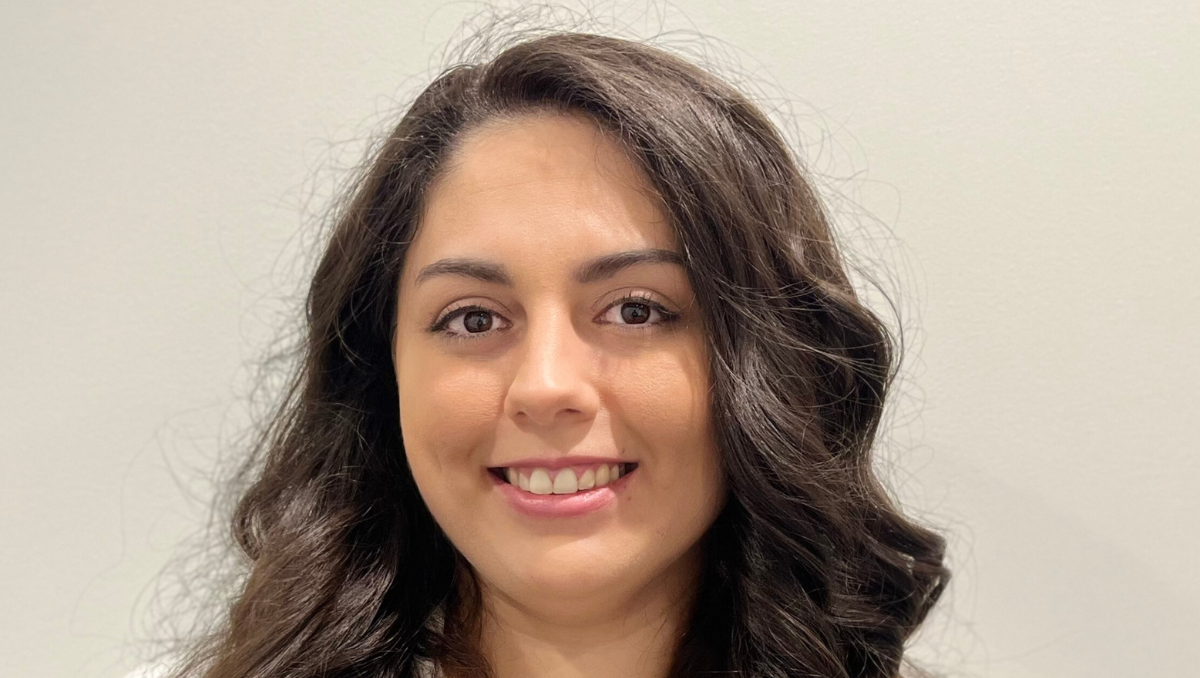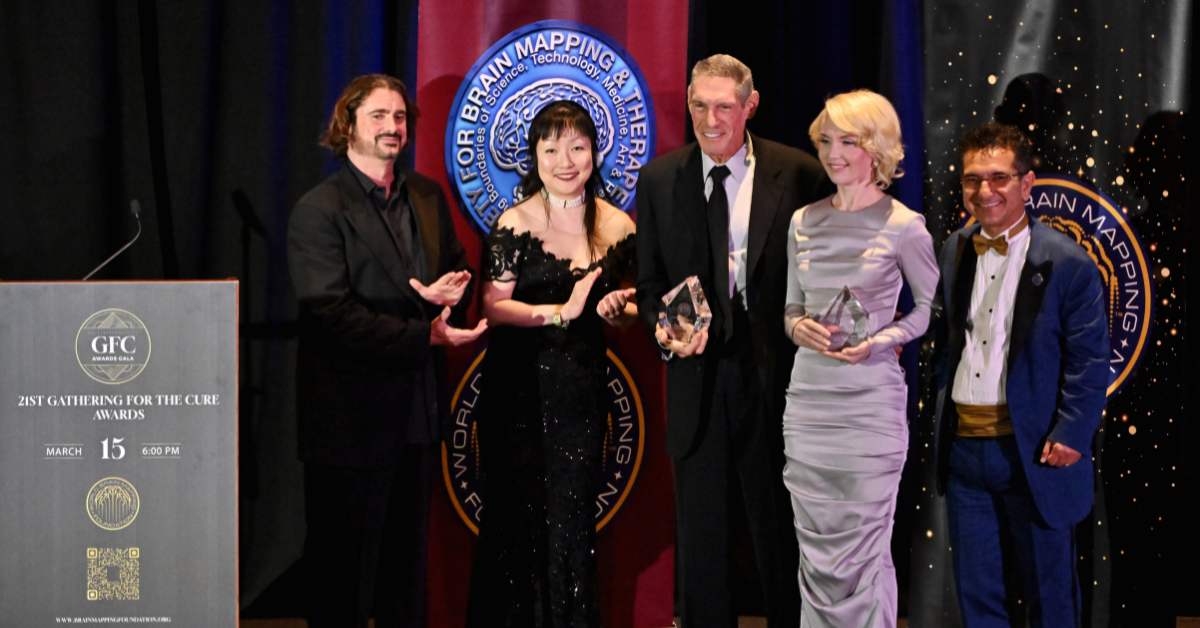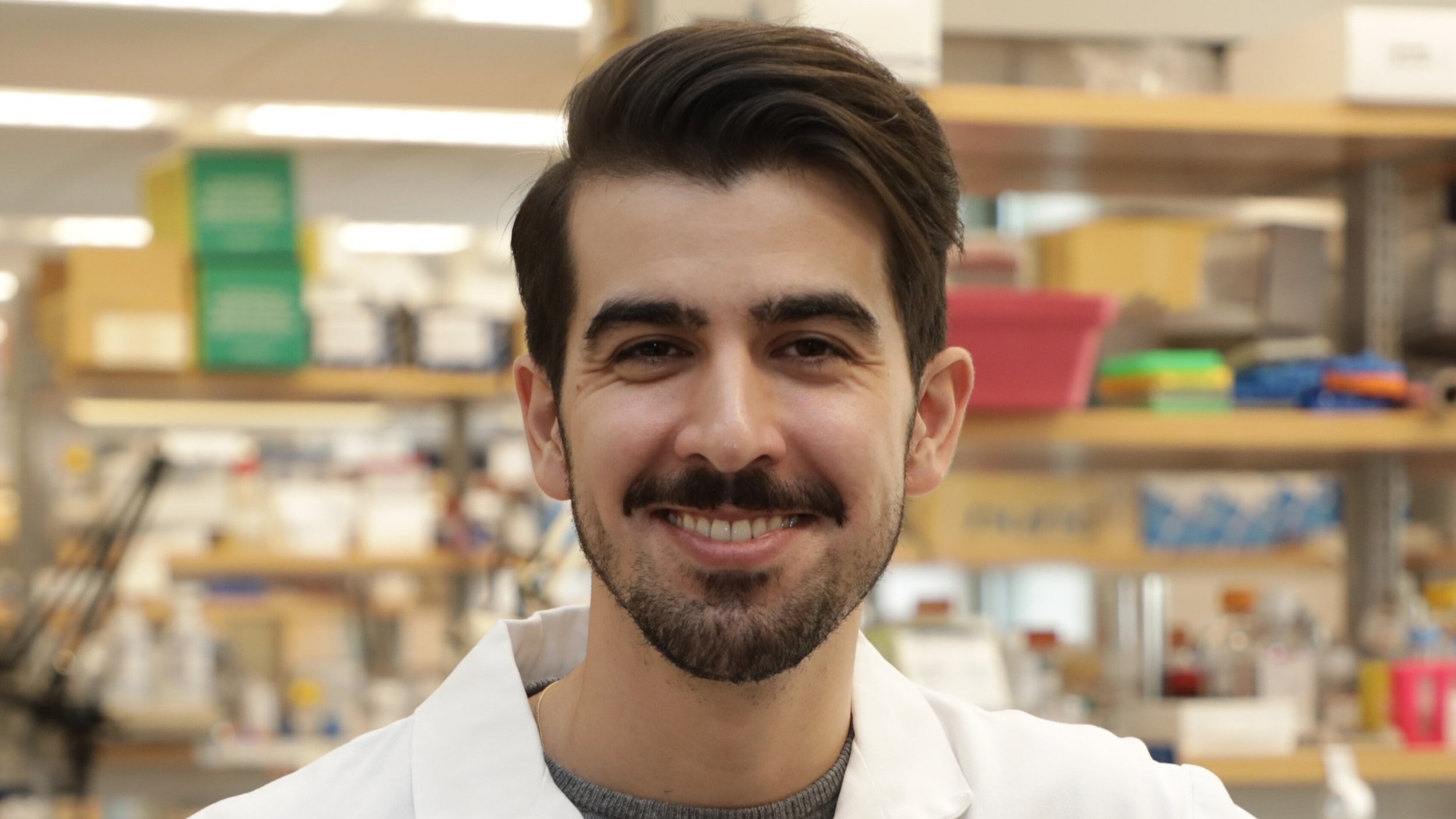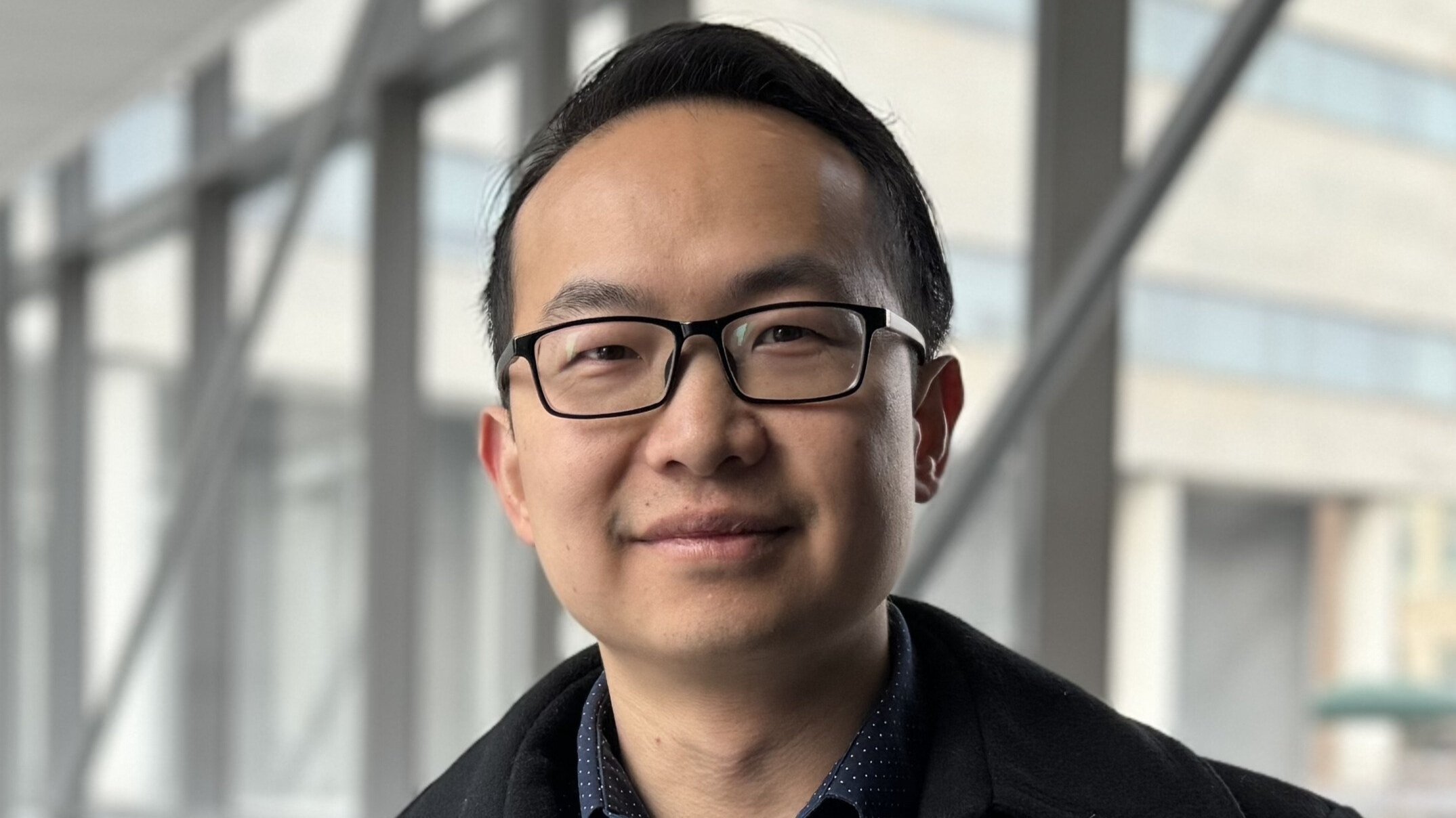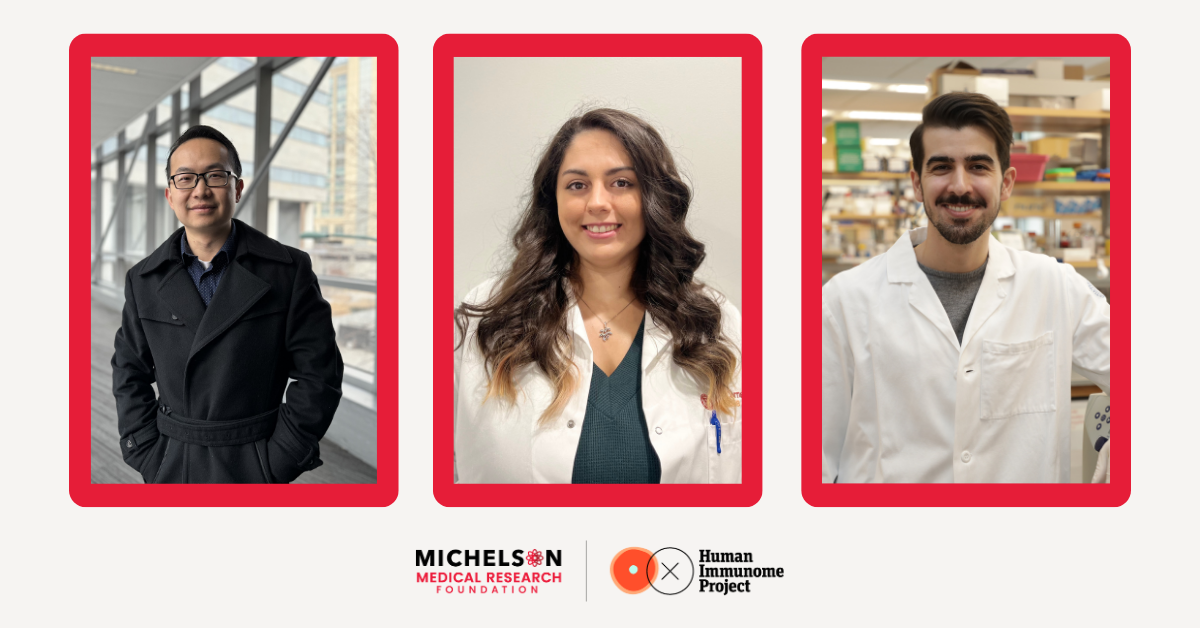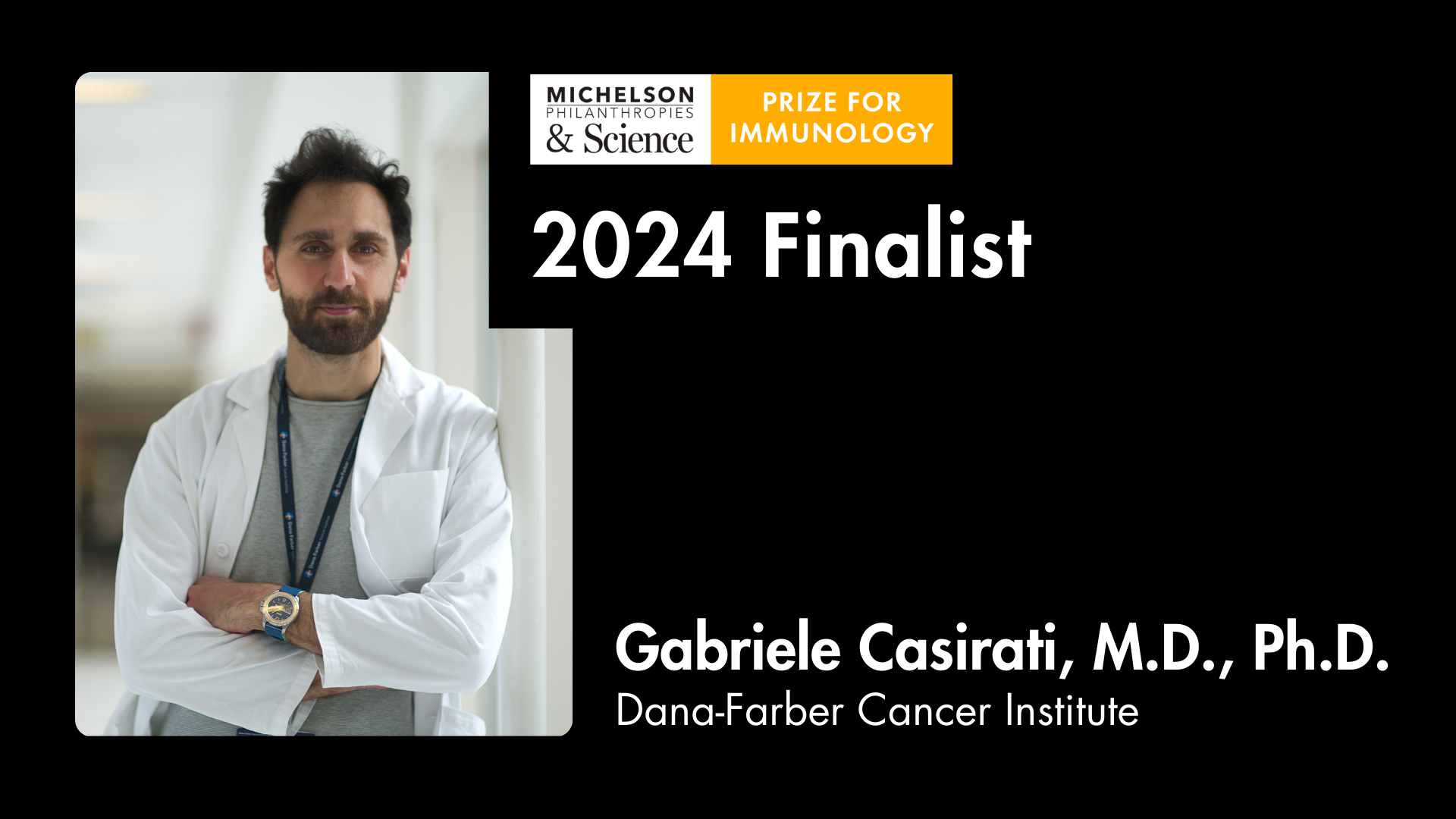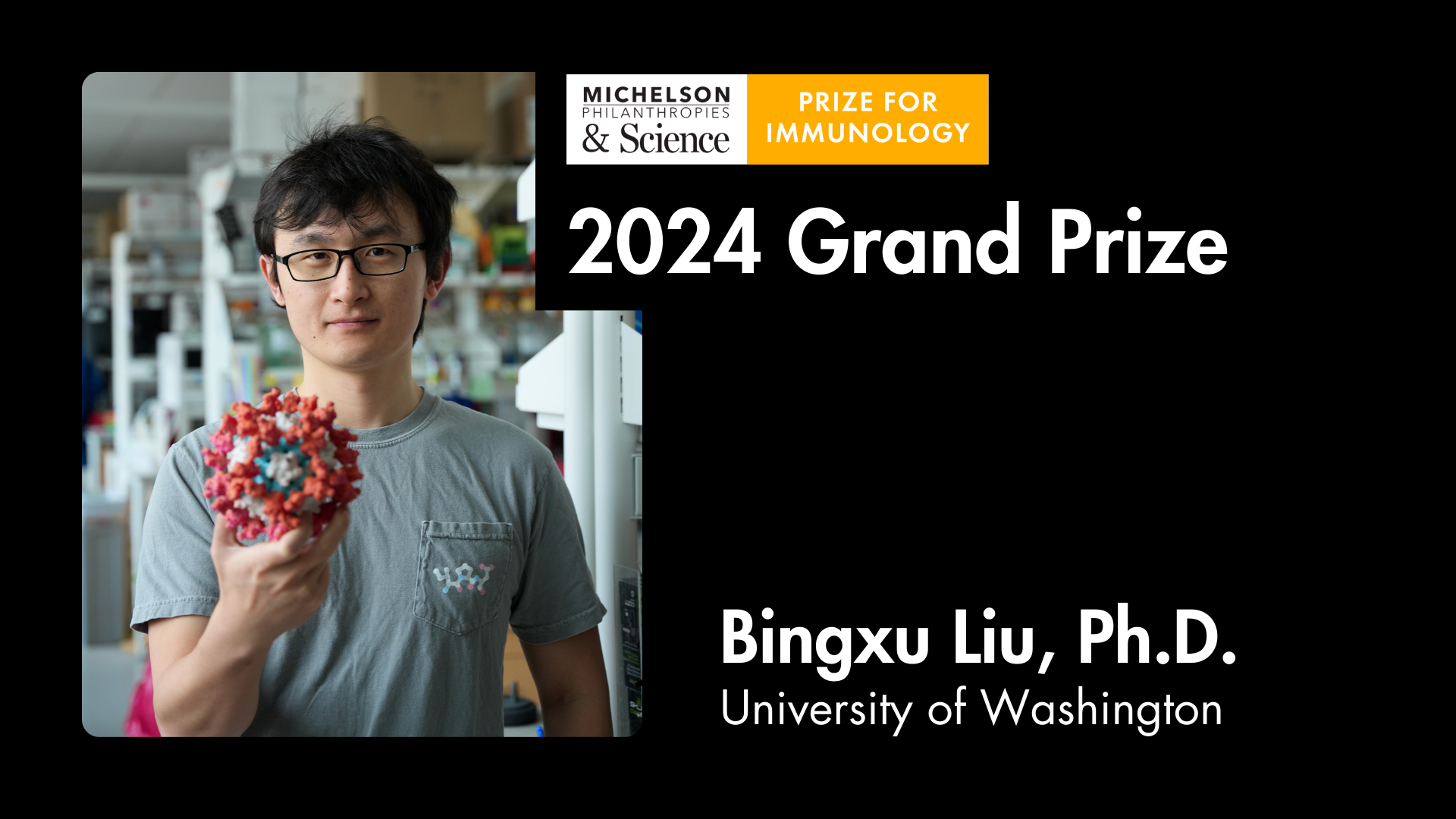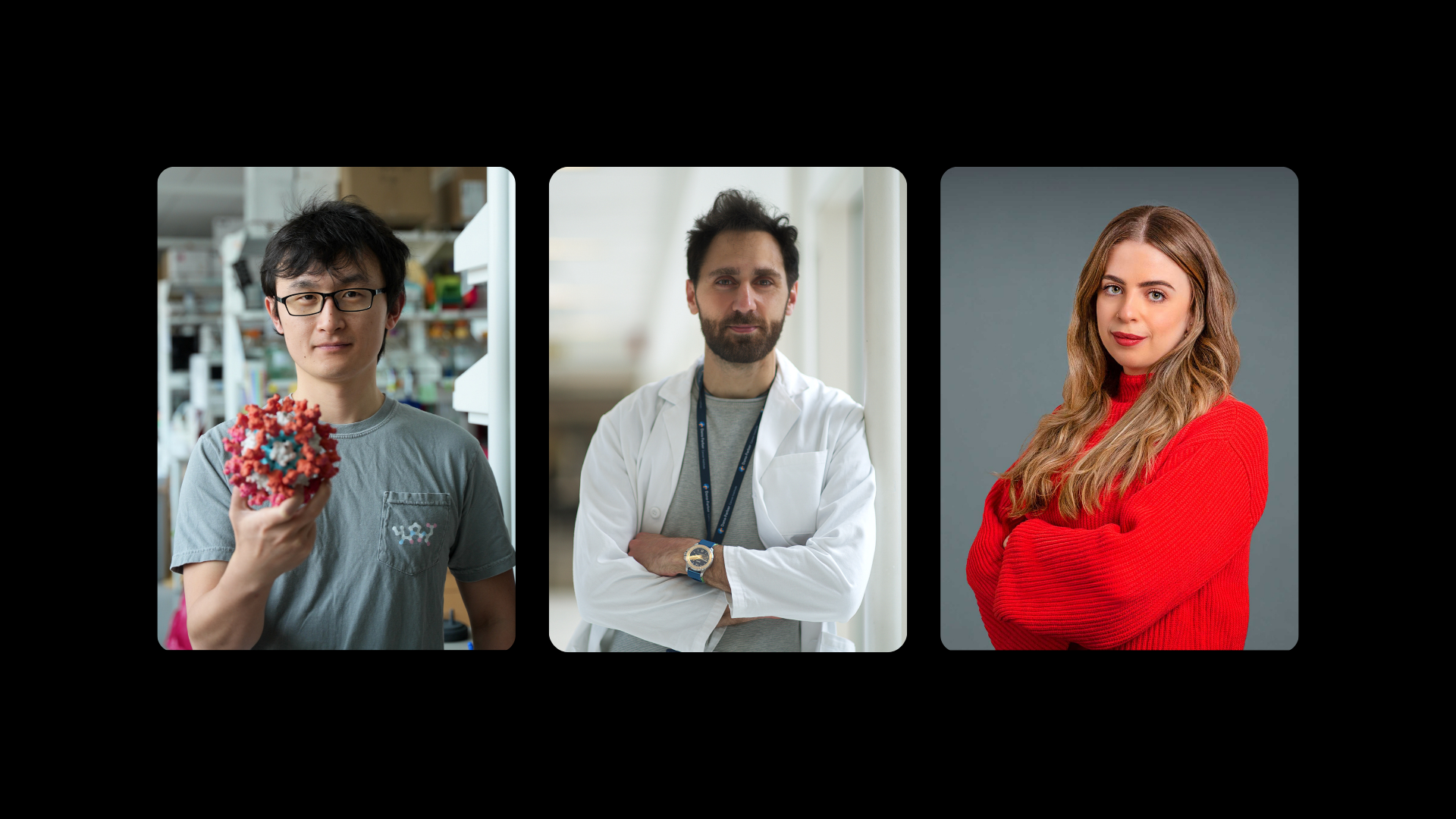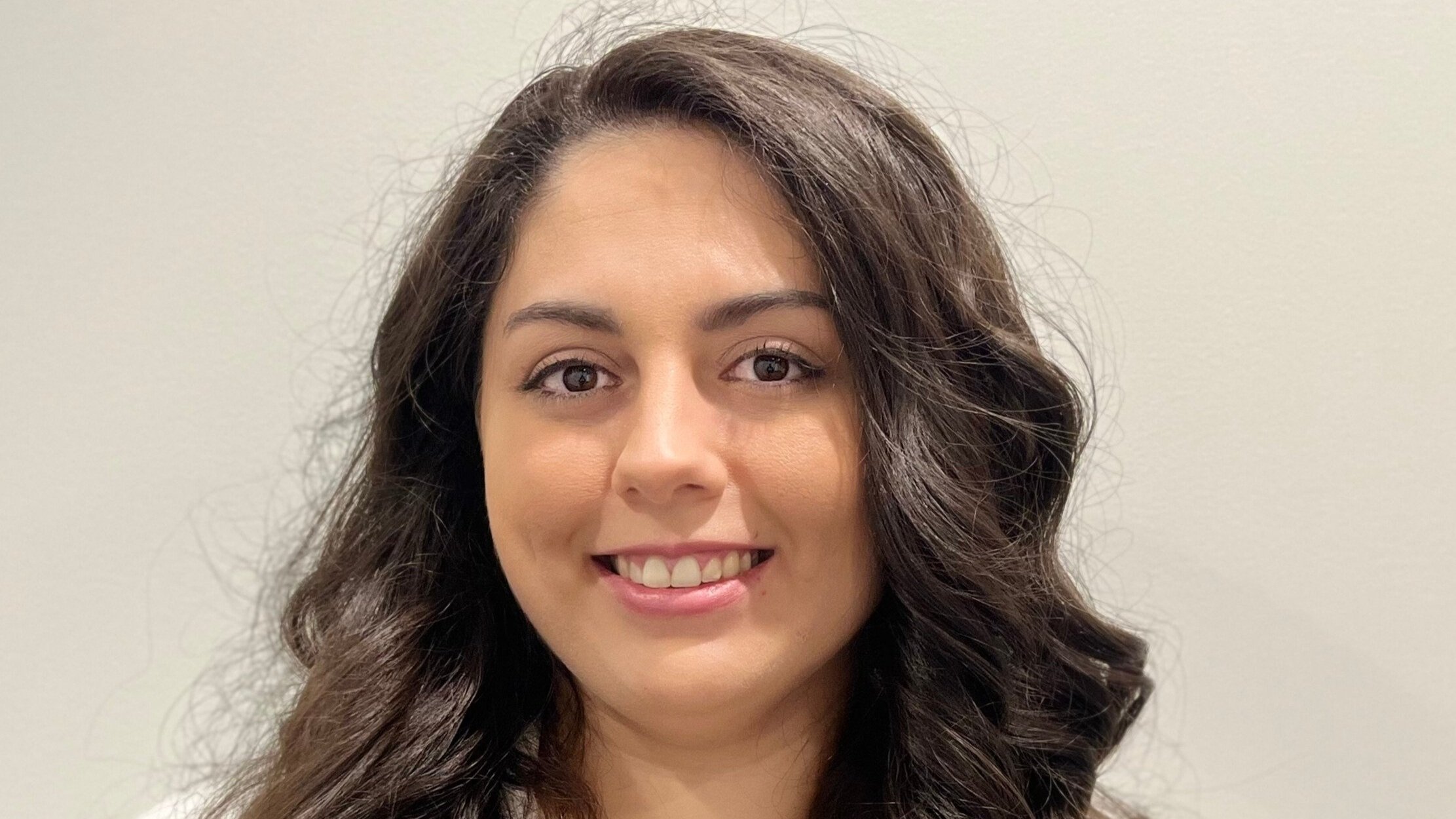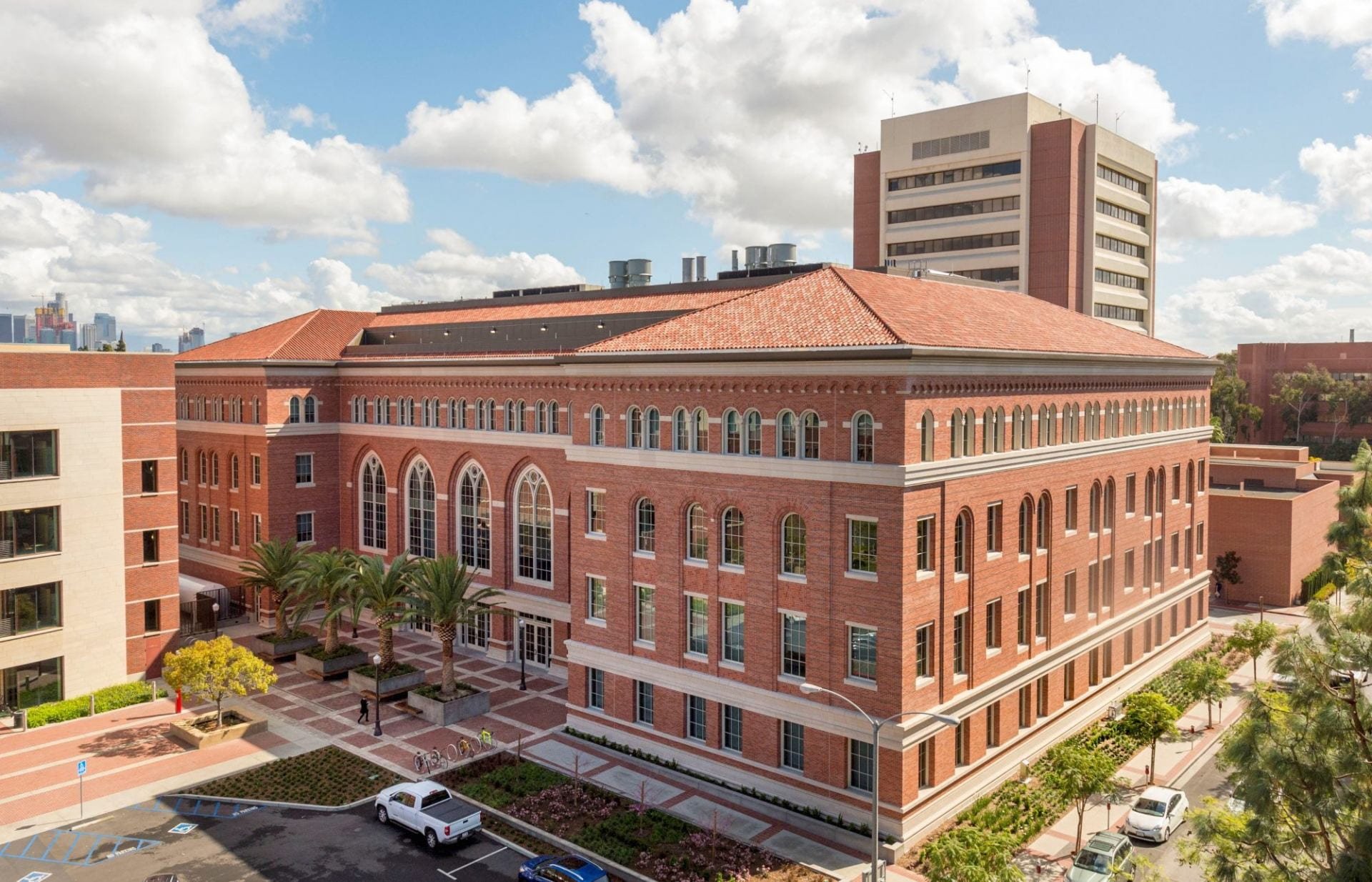
Now Accepting Applications for the 2024 Michelson Prizes: Next Generation Grants
Governor Newsom Unveils the California Institute of Immunology and Immunotherapy: A Revolutionary Leap in Science and Medicine
This innovative hub converges quantum computing, artificial intelligence, and biomedical research, poised to redefine the realms of science and medicine. The institute aims to decipher the complexities of the human immune system, elevate California's global medical research standing, and foster a collaborative environment.

Michelson Medical Research Foundation
Michelson Medical Research Foundation, founded in 1995, creates medical research infrastructure and drives a model for highly collaborative convergent projects and targeted science. This empowers researchers to translate bold ideas into therapies that save lives and provides vital boosts to people and programs through research grants and prizes, strategic investments, and other tools.
Latest News
Recent Michelson Prizes Recipients

USC Michelson Center for Convergent Bioscience
The USC Michelson Center for Convergent Bioscience is a leading research facility that brings together experts from various fields to tackle critical health issues. Located in the largest academic building on the USC campus, the Center is equipped with state-of-the-art technology and equipment.

“When we invest in high-quality, cutting-edge medical research, it’s with the idea that a single scientific breakthrough or discovery could affect the lives of billions.”
— Dr. Gary K. Michelson
Founder and co-chair, Michelson Medical Research Foundation
Young investigators
break boundaries
Georges Köhler was 29 when he helped develop the technology for producing monoclonal antibodies, the foundation for cancer, autoimmune, immunotherapy and COVID-19 treatment today. He and his research partner won the 1984 Nobel Prize in medicine for their novel approach.
Underfunding is a global
opportunity cost
Since the 1980s, the average recipient’s age for NIH research grants has increased nearly a decade, from mid-30s to mid-40s, making it increasingly challenging for the next generation of Köhlers to drive new discovery.
Philanthropy can disrupt
calcified systems
Philanthropy can complement government-sponsored grants by funding bold young scientists with disruptive ideas that have the potential to revolutionize scientific processes and spur medical breakthroughs.



